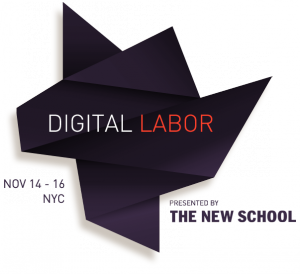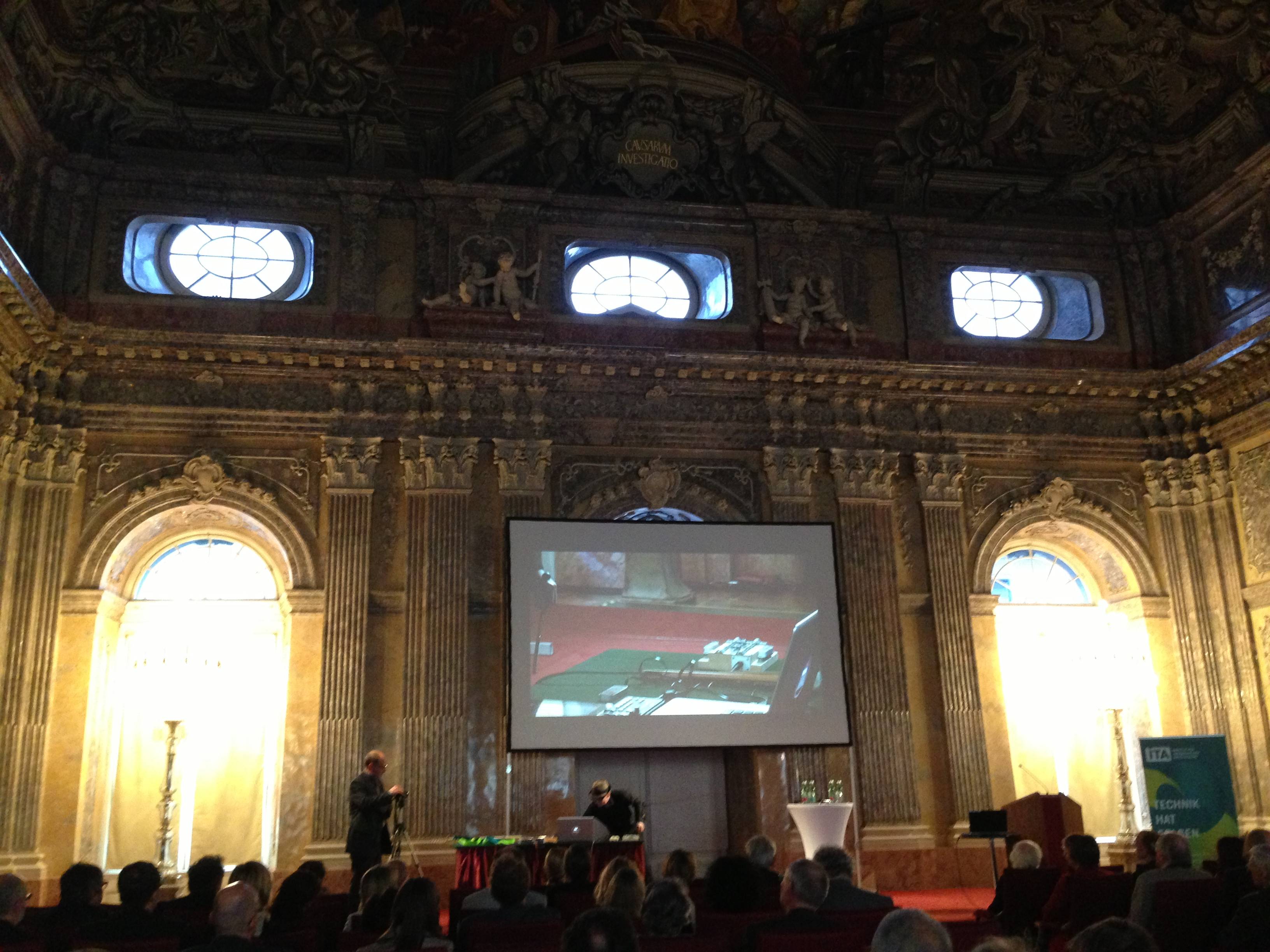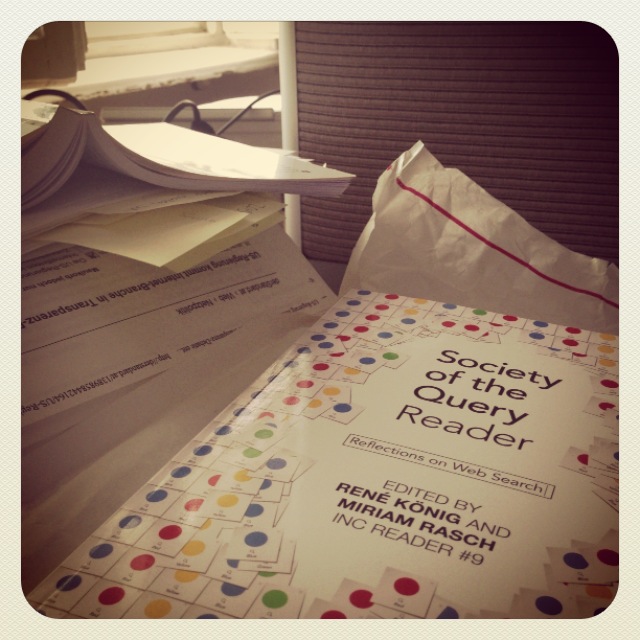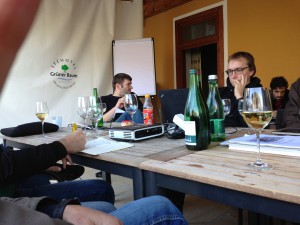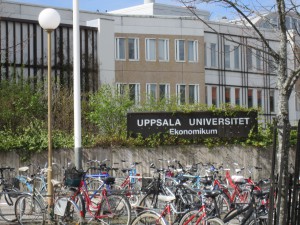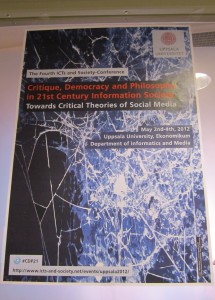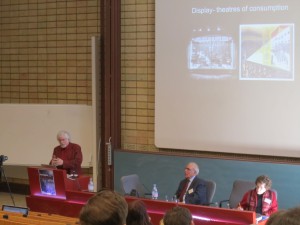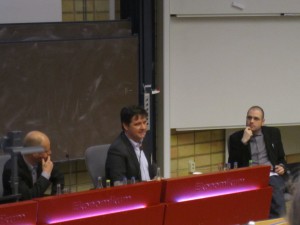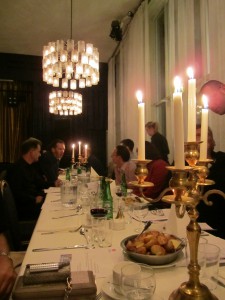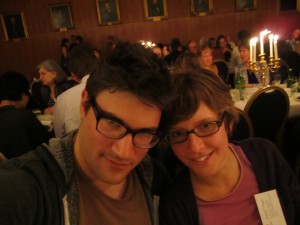Together with my ITA colleagues Doris Allhutter and Stefan Strauss I put together a panel for the “THE INFORMATION SOCIETY AT THE CROSSROADS” conference that will take place in Vienna next year (3-7 June). The title of our panel is ICTs and power relations. Present dilemmas & future perspectives. The deadline is 27th of February.
I hope to see you there! Here’s the abstract:
The increasing presence of ICTs in a multitude of societal contexts alters the relation between social, political, technical, legal, economic arenas. As cross-sectional technologies, ICTs enter and link different societal domains often entailing a number of tensions and controversies, e.g. due to conflicting interests, hegemonic discourses, socio-political cultures and practices. Novel forms of interactions are accompanied by increasing complexity, diversity and overlaps between public and private spheres. The capacity of ICTs as a political tool is multidimensional: it can boost civil society participation (e.g. the Arab Spring) as well as amplify mass surveillance and privacy intrusion (e.g. revealed by Snowden).
This panel is interested in the manifold interplay between societal power structures and ICTs. In line with the umbrella issue “at the crossroads” particular focus lies on contributions that present controversies, dilemmas, and imaginary futures that open up paths towards socio-technical alternatives.
Target groups
The panel embraces different scientific disciplines and welcomes theoretical as well as empirical contributions bridging different perspectives (e.g. computing and philosophy, technology assessment and science and technology studies, social, political, economic and techno science).
Subjects and scope
Topics of interest thus include but are not limited to:
- Values in design and responsible technology innovation
- Socio-technical alternatives (e.g. peer production, commons, free software, etc.)
- ICT-related political participation, activism and policy making
- Norms, standards and hegemonies in ICT infrastructures, software, algorithms and code
- ICT commercialization and ideologies
- ICT at the intersection of global, European and local contexts
- Co-emergence of ICTs with gender, sex, age, class, race, dis/ability (social sorting, standardization, etc.)
- Emerging privacy and security challenges (privacy-by-design, encryption, EU data protection reform, etc.)
- Technical and regulatory oversight and limits of surveillance technologies and practices
Important Dates
Submission deadline: 27 February 2015
Notification of acceptance: 20 March 2015

